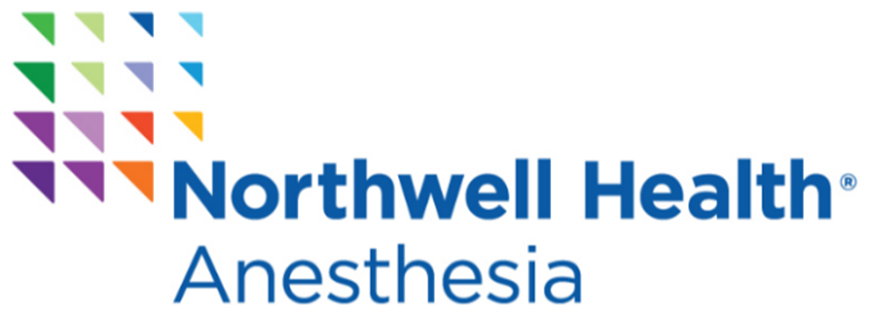Jan
12
Legislature could improve rural health care with nurse anesthetist bill
Letter to the editor of the Times Union regarding Officials say updates N.Y. Health infrastructure in Danger, Dec 5, 2023
Mark Blazey, Rochester
For healthcare to remain viable in rural New York, lawmakers must address outdated healthcare delivery models and Medicaid reimbursement in anesthesia.
The primary providers of anesthesia in rural hospitals are Certified Registered Nurse Anesthetists (CRNAs). Though highly trained, advanced practice providers, we face unnecessary barriers to practice. A CRNA’s scope of practice is not formally written into New York State law. New York is the only state to not formally recognize CRNAs, leading to staffing and financial shortages. Nearly a third of CRNAs trained in New York between 2018 and 2023 have left to practice in other states.
Some1500 CRNAs provide essential care to rural Medicaid patients yet lack of recognition in state law. As a result, hospitals may not be reimbursed for services provided to Medicaid beneficiaries --ruinous for New York’s rural healthcare system.
Additional barriers to practice, such as physician supervision of CRNAs, comes with an unnecessarily high price tag for patients and medical facilities; study after study prove this redundancy does not increase patient safety or improve outcomes. CRNAs have the skills, the education and expertise to provide rural patients with anesthesia care and pain management services and ensure access to care for populations that would otherwise have to travel long distances from their homes for treatment.
The legislature must pass S769-A/A6958-A, which would move the state toward innovative, evidence-based health care, increasing access to care in rural New York.
The writer is the president of the New York State Association of Nurse Anesthetists
Published December 25, 2023
Share this post:

